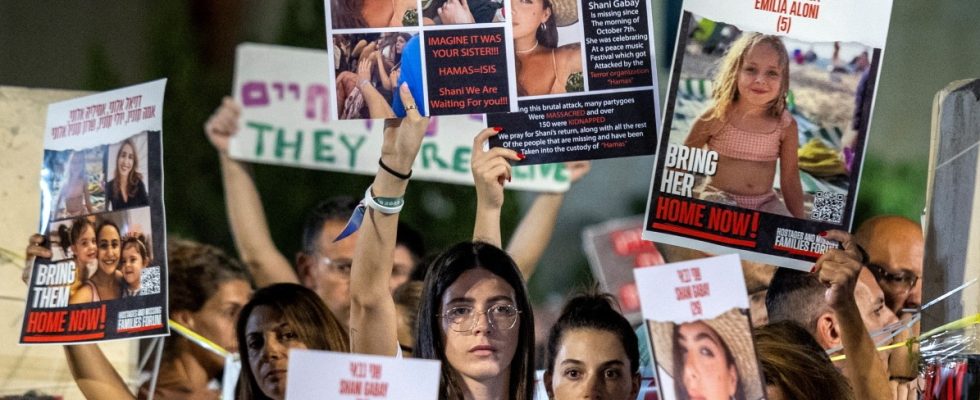Israel’s Defense Minister Joav Gallant is also waging the war for Gaza with pithy words: “Israel’s troops are dismantling one Hamas battalion after the other,” he announced at the weekend. Gaza City is surrounded and is being attacked from the north and south. He made a direct threat to the leader of Hamas. “We will find Yahya Sinwar and eliminate him,” Gallant said. “If the Gazans get there before us, it will shorten the war.”
Four weeks after the traumatic terrorist attack, Israel’s Gaza offensive is in full swing. Attacks occur on the ground, from the air and from the water. It appears that the army has divided the coastal strip in half. The fighting is concentrated primarily, but by no means exclusively, in the northern part of Gaza City, where Hamas’ most important command centers are located in the underground tunnel system.
The army’s tactics are described in the Israeli media as “shredding” – they act systematically and destructively against Hamas. According to the images and reports from the sealed off area, the extent of the damage is now beyond anything seen before. Entire residential areas have apparently already been razed to the ground. However, it is clear that the invasion with ground troops that took place a week ago will not be a complete march. Rather, there is a threat of a tough war of attrition in which civilians will constantly be caught between the fronts. The Hamas-controlled health ministry in Gaza has already reported almost 10,000 deaths.
Israel’s claim to only fire on military targets is constantly contradicted by reality – by rocket launchers standing next to kindergartens, by terrorist cells that, according to the Israeli military, are hiding in ambulances and, more fundamentally, by the conditions in the overpopulated Gaza Strip, which is almost… never allow a separation between civil and military. Israel’s constantly repeated call to the residents of the northern Gaza Strip to seek safety in the south cannot provide clarity on the battlefield for two reasons: Firstly, Hamas has no interest in this; it is using civilians as a protective shield. Secondly, Israel cannot guarantee safety there for people fleeing south. On top of that, the supply situation there is also catastrophic.
But a ceasefire or even just a ceasefire for humanitarian reasons is nowhere in sight. US Secretary of State Antony Blinken has therefore already landed between all stools on his current Middle East trip, during which he also made a surprise trip to Ramallah to see Palestinian President Mahmoud Abbas on Sunday. In Tel Aviv he was harshly rebuffed for suggesting that the fighting should at least briefly stop in order to alleviate the suffering of the civilian population. In Amman, where he met with several Arab foreign ministers, he found himself helpless when confronted with their demands for an immediate ceasefire.
From Israel’s perspective, a halt to fighting now would thwart the entire strategy of putting Hamas under maximum and sustained pressure. The Islamists could use a short ceasefire to regroup, and an official ceasefire could even be used to hold on to power in the Gaza Strip. This cannot be reconciled with Israel’s declared war goal – the complete destruction of Hamas.
On Sunday, a minister from the right-wing radical party “Jewish Strength” showed how far the determination to achieve this war goal will take some people. In a radio interview, Amichai Elijahu also described using a nuclear bomb in Gaza as an “option.” It wasn’t well thought out and it wasn’t capable of gaining a majority. After a brief and violent outburst, he was banned from cabinet meetings until further notice.
However, the Israeli leadership is threatened with a more serious internal conflict over another issue: the fate of the approximately 240 hostages kidnapped in the Gaza Strip. All of Israel takes part in every single case – and Hamas knows how to use this as a weapon in psychological warfare. Now she announced that more than 60 of the hostages were missing as a result of Israeli air strikes, and many were apparently buried by rubble.
A protest movement has formed around the relatives of the hostages who want to make rescue a priority in this war. “Bring her home,” is the call now heard everywhere. On Saturday evening, thousands gathered in Tel Aviv for a demonstration denouncing the government’s inaction on the hostage issue. In Jerusalem, demonstrators also met in front of Prime Minister Benjamin Netanyahu’s home and vehemently called for his resignation. In the middle of the war there is a risk of unrest on the home front.

